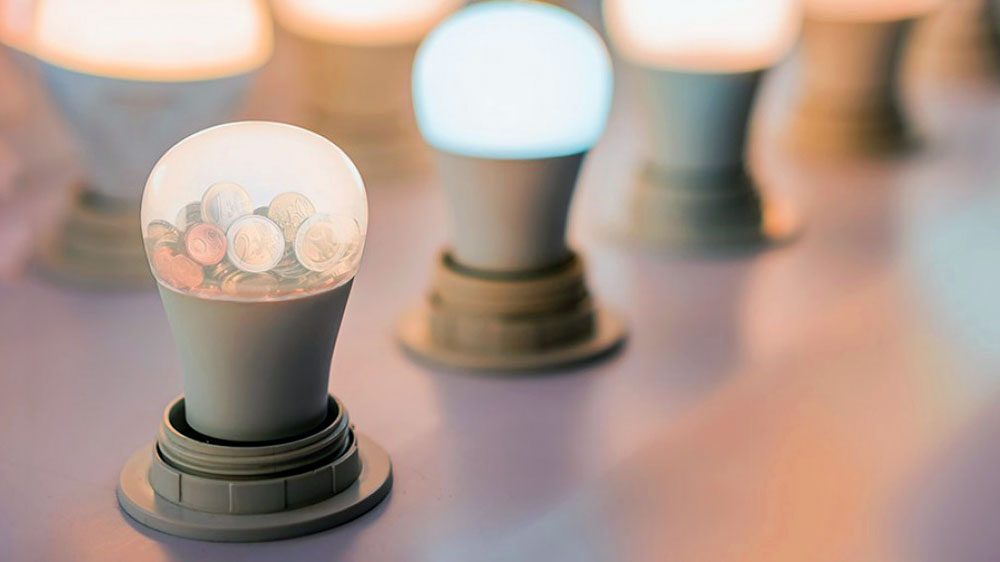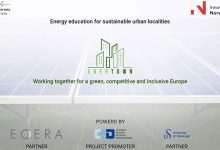Lighting the way efficiently across the EU
Starting with 1 September, LED lights have taken the place of traditional halogen light bulbs
The fact that the EU is the torch bearer for innovation is no secret anymore. Granted, the members of said Union may be moving at different speeds, due to so many political, economic and finally cultural differences but the end goal is within reach, for small and big nations alike.
The latest effort comes, and it is no surprise, in the ever-changing field of energy efficiency. September 1st saw us embracing LED lights in the detriment of the traditional halogen light bulbs. Apparently, it will be a cold turkey type of change as traditional ‘pear’ shaped light bulbs will no longer be marketed across the European Union. The end game here is supposed to bring money back in the pockets of household energy users and at the same time cut back on greenhouse gas emissions. Products already present on the market will not be affected by the change, only new entries on the shelf being the subject of this new enterprise.
The changes are part of a bigger project, the EU’s Ecodesign Work Programme which was launched on the 1st of January 2015 and postulated that households will save 45€ a year via measures like updated energy labels and automatic stand by requirements. But how does this actively benefit the final consumer? Updated specifications will mean shoppers will be able to better compare products efficiency wise and when they actually use them, save 30% of the electricity consumed.
Not only customers are on board, producers and retailers will also benefit, their competitiveness being actively improved by this new law. Of course, the biggest stake is still the impact on the environment and as soon as 2020 we should be seeing a drop of CO2 emissions of about 15 million tonnes per year, mixed with reducing energy consumption by approximately 75TWh.
Overall, in the last 5 years the EU has saved €100 billion thanks to energy efficient products used by European consumers.”[1]
The latest political agreement on the topic of energy efficiency was reached on the 19th of June in Brussels reconfirming the work done by the Juncker Commission. This new law deals with an updated energy efficiency target: 32.5% by 2030. Considering this, things are looking up for the Paris agreement. Miguel Arias Cañete, Commissioner for Climate Action and Energy stated:
“Europe is by far the largest importer of fossil fuel in the world. Today we put an end to this. This deal is a major push for Europe’s energy independence. Much of what we spend on imported fossil fuels will now be invested at home in more efficient buildings, industries and transport. The new target of 32.5% will boost our industrial competitiveness, create jobs, reduce energy bills, help tackle energy poverty and improve air quality. Our path to real energy security and climate protection begins here at home, and this deal shows Europe’s determination to build a modern economy that is less dependent on imported energy and with more domestically produced clean energy”.[2]
The fact that LED bulbs last on average 5 to 10 times longer than the halogen counterparts and usually use less than one tenth of the halogen equivalent sounds like a meagre accomplishment compared to the above numbers but this should not discourage us. Every small contribution counts and thus the calculations[3] attest to the fact that switching from a halogen lamp to an LED would save approximately 115 € in the bulb lifetime and recover its cost in about 12 to 18 months. Small numbers lead to big numbers: the study envisions annual savings of 9.4TWh which corresponds to a reduction of 3.4 million tonnes of CO2 emissions per year. Not to mention the LED bulbs are recyclable as opposed to their predecessors.
As the Commissioner for Climate and Energy succinctly demonstrated, the race for energy independency hinges on energy efficiency. Seeing as today the EU imports 53% of the required energy, it’s high time we started investing in the future. We should count ourselves lucky to be part of this endeavour, rather than think this to be an outside imposition. The change will happen, independently of our views.
[1] https://ec.europa.eu/energy/node/2349
[2] http://europa.eu/rapid/press-release_STATEMENT-18-3997_en.htm
[3] https://ec.europa.eu/energy/sites/ener/files/final_ia_report_stage_6_vhk_vito_6_sept_2013_fin.pdf







